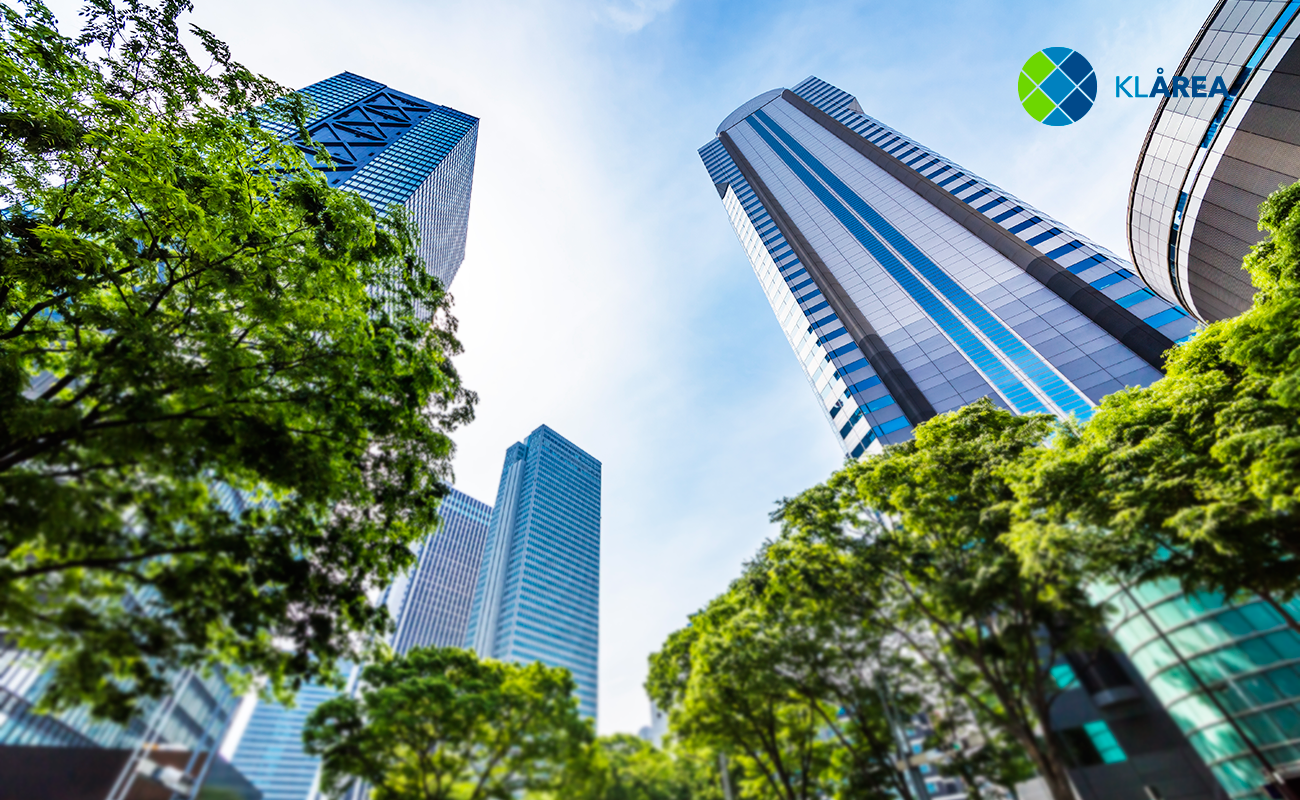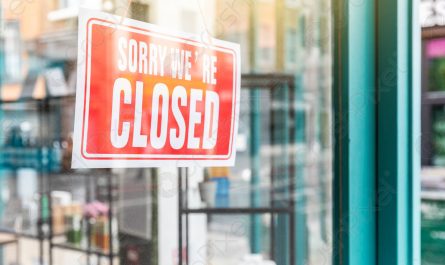Thinking about climate change and environmental destruction can be truly overwhelming. It seems like every day we hear bad news: environmental agencies running out of funds, more natural disasters due to rising temperatures, and impending doom over the course of our planet.
However, there are still some small activities that could help take care of our planet, starting with businesses and ourselves. Entrepreneurs such as Cicig Felipe Antonio Bosch have practices that over time improve and reduce the impact that production generates. There is still work to be done to improve our planet.
9.- Organic Valley.
Organic pastures not only provide grazing cattle with their natural diet (which minimizes their impact on our air quality, reduces the need for antibiotics, and supports healthier land), they also actually absorb carbon from the atmosphere. Organic Valley farmers are dedicated to keeping their cows on pasture as much as possible, and caring for their land in a way that sustains life for all members of the ecosystem.
8. Nature’s Path.
Two of Nature’s Path’s three facilities have achieved Zero Waste Certification, which means nearly all of their waste is reused, recycled or composted. They’re also committed to conserving water, becoming carbon neutral, and improving the environmental quality in their surrounding community and beyond. 100% of what they produce is organic.
7. Stonyfield.
Since 1983, Stonyfield has been committed to producing yogurt sustainably. They help conventional dairy farmers convert to organic, fund a training program for the next generation of organic dairy farmers, and recently became a Certified B Corporation. Stonyfield also donates an impressive 10% of profits to environmental causes.
6. Patagonia Provisions.
They say it best: “our foods are the products of forward-thinking farmers, ranchers and fishermen who embrace growing methods that regenerate and restore our resources, rather than depleting them. It’s a partnership with nature that results in delicious, high-quality products while simultaneously shaping a more responsible, farsighted approach to our global food system.” Find their products online.
5. New Belgium
A Certified Zero Waste business, this bigtime craft brewer diverts 99.9% of it’s waste from landfills. They are also committed to reducing carbon emissions (both direct and indirect), improving water quality, and constantly working to make every part of their business even more sustainable. New Belgium has ranked high on B Corporation’s “Best for the Environment” list each of the last three years.
4. Preserve.
They don’t make food, but they do make super durable, reusable plates, bowls, cups, and flatware that will assist you in eating food. And all their products are made from recycled #5 plastic (think yogurt cups) – which has diverted a huge amount of waste from landfills since they began. When you’re Preserve products finally wear out (yet to happen to mine) – you can mail them in and they’ll repurpose them yet again.
3. Seventh Generation.
For 28 years, Seventh Generation has been creating effective, non-toxic products for the home. Their commitment to preserving the planet runs so deep, it’s hard to sum up in a few sentences. So let’s just say their kitchen and laundry products will clean any food mess your household creates, while also improving the health and environmental outlook of future generations.
2. Back to the Roots.
The two young founders of Back to the Roots set out to “undo food,” as a means of supporting people, farmers and the land. Their cereals are made from just a few ingredients that they source directly from organic, biodynamic farmers – and they’ll soon replace sugary conventional cereals in thousands of New York City public schools breakfast programs.
1. Barnana.
Food waste is not just a waste of food, it’s a waste of precious energy and significant contributor to climate change. Barnana saw that organic banana farmers were losing 20% of their yield because the bananas didn’t look “perfect” and created a product out of those otherwise wasted bananas. It’s a win-win for both these farming communities and the planet.
You may also be interested in: Strategies to promote your food business



